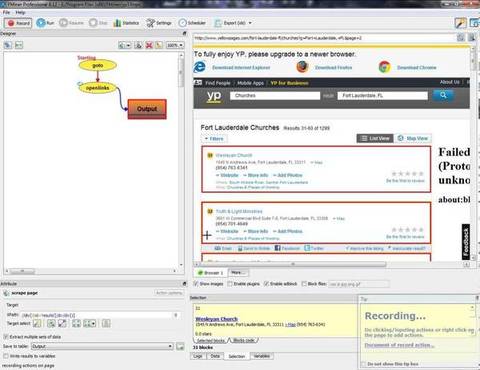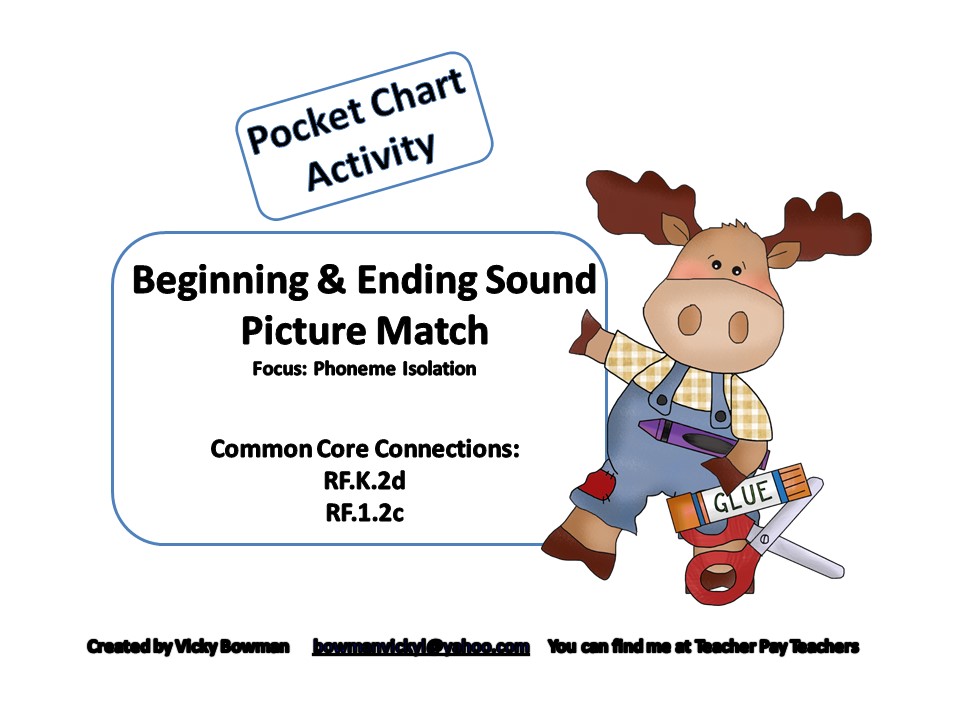
Therefore, the t is matched.Ĭopies only the alphanumeric characters from a string. : If the first character in the text that is enclosed in brackets is a circumflex ( ^), the expression matches all characters except the characters that are enclosed in the brackets. match("gry","graey") returns 0, because only one character between "gr" and "y" is matched.match("","kiwi") returns 0, because "kiwi" doesn't contain an a, b, or c.match("","apple") returns 1, because it matches the a in "apple.".For example, matches all letters between a and z, matches a digit, and matches a hexadecimal digit. A range of characters can be specified by two characters that are separated by a minus sign ( -).

: Matches a single character with any character that is enclosed in the brackets. In other words, the preceding expression is optional. : An expression that is followed by a minus sign ( -) requires a match for zero or one occurrence of the preceding expression.

#Fminer match beginning of x plus
+: An expression that is followed by a plus sign ( +) requires a match for one or more occurrences of the preceding expression. *: An expression that is followed by an asterisk ("*") requires a match for zero, one, or more occurrences of the preceding expression. Sets the match to blanks, tabulations, and control characters such as Enter (new line). :SPACE: SPACE is the space character (" "). :n: Sets the match to alphanumeric characters. :d: Sets the match to numeric characters. :x: A colon ( :) specifies a group of characters to match, as indicated by the character that immediately follows. ) matches any one character in the same position. or $: A right angle bracket ( >) or a dollar sign ( $) at the end of the expression is used to match the end of a line.

The backslash and dollar sign are escaped. A pair of backslashes is translated into one non-special backslash. \: A backslash ( \) nullifies, or escapes, the special treatment of special characters, so that a special character can be matched like a normal letter. The following special characters can be used to create the pattern for the pattern parameter. int match(str pattern, str text)ġ if the pattern is located in the string otherwise, 0 (zero). Searches for a string or expression in another string. This article describes the string run-time functions.


 0 kommentar(er)
0 kommentar(er)
